
How To Kill The Bacteria In Your Gut That Causes Bloating And Heartburn
How To Kill The Bacteria In Your Gut That Causes Bloating And Heartburn
Discussions around gut health are everywhere these days. Supermarkets are stocked with probiotic yogurts, fermented foods, and drinks that claim to boost friendly bacteria. On the other hand, herbal remedies, teas, and supplements are marketed as tools to eliminate harmful bacteria. But if consuming probiotic-rich foods helps nurture good bacteria, wouldn’t antibacterial herbs like oregano cancel out their benefits?
At first glance, this seems contradictory. However, gut health is far more complex than simply labeling bacteria as good or bad. Let’s explore why.
The Role of Environment in Bacterial Behavior
Gut bacteria don’t inherently fall into neat categories of helpful or harmful. Their impact depends on the environment they exist in. A well-balanced gut ecosystem ensures that bacteria function in harmony. When this balance is disrupted, even normally harmless bacteria can become problematic.
Think of the gut as a vast national park where every species plays a crucial role. Wolves, for example, keep herbivore populations in check, preventing overgrazing and maintaining biodiversity. When wolves were nearly eradicated from Yellowstone National Park, deer and elk populations exploded, overconsuming vegetation and damaging the ecosystem. Only when wolves were reintroduced did balance return.
Similarly, certain bacteria act as regulators in the gut, keeping potentially troublesome microbes in check. When these beneficial species diminish, opportunistic bacteria can take over, leading to gut imbalances.
Clostridium: More Than Just a Threat
Clostridium difficile (C. difficile) is often associated with severe diarrhea and gut infections. However, research indicates that this bacterium can exist in many individuals without causing any harm—especially in newborns, where up to 70% carry it without symptoms.
In contrast, a different group of Clostridium-related microbes, called clostridial clusters, actually support gut health. These microbes help maintain a strong gut barrier and regulate immune responses. Scientists are even investigating their potential in treating autoimmune diseases and inflammatory disorders.
E. Coli: A Double-Edged Sword
E. coli has earned a notorious reputation due to its association with infections like urinary tract infections and food poisoning. However, the E. coli family is extensive, with many strains playing a neutral or even beneficial role in gut health.
In fact, E. coli is one of the first bacteria to colonize the intestines of newborns. It contributes to gut health by producing short-chain fatty acids, stimulating digestion, and supporting immune function. Certain strains, like E. coli Nissle 1917, have even been used as probiotics to treat digestive disorders.
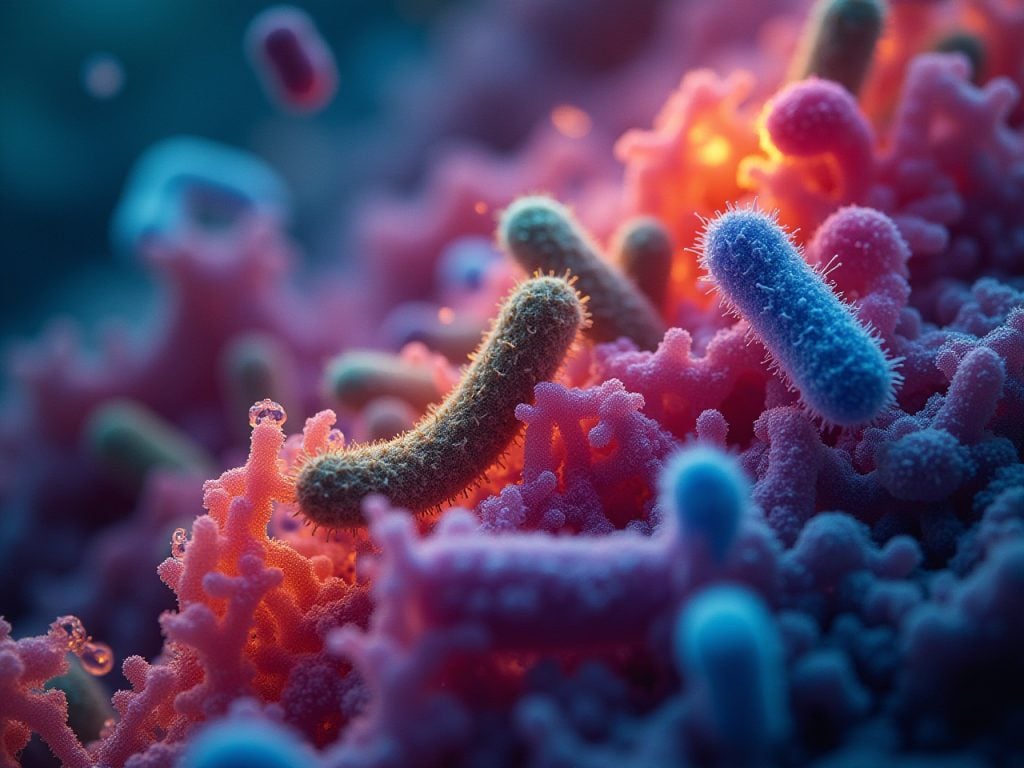
Promoting a Healthy Gut Environment
Rather than aggressively targeting harmful bacteria, fostering a balanced gut microbiome is often a more effective approach. Antibiotics and antimicrobial herbs can wipe out bacteria indiscriminately, potentially creating gaps in the microbiome that opportunistic microbes may exploit.
Instead of aiming to eliminate specific bacteria, many experts advocate for nurturing beneficial microbes to restore balance naturally. However, there are cases where antimicrobial strategies might be necessary:
- A confirmed case of small intestinal bacterial overgrowth (SIBO), where certain herbs like oregano oil may help.
- Overgrowth of commensal bacteria detected through stool analysis.
- Presence of pathogenic bacteria that require targeted intervention.
- High levels of yeast, such as Candida overgrowth.
For those looking for a gentler approach, botanical formulations designed to rebalance gut bacteria without harming diversity are becoming increasingly popular.
Candida: An Opportunistic Yeast
Candida is a yeast naturally present in the gut, but it can become problematic when an imbalance occurs. Studies suggest that antibiotic use may create an environment conducive to Candida overgrowth. In one study, children who had recently taken antibiotics were more than twice as likely to experience Candida overgrowth compared to those who hadn’t.
While Candida has been linked to digestive discomfort, chronic fatigue, and inflammatory conditions, researchers are still exploring whether it is a direct cause of these issues or merely a byproduct of underlying gut imbalances.
Understanding Dysbiosis
Dysbiosis refers to an imbalance in gut bacteria, often characterized by reduced microbial diversity. When certain bacterial families diminish, others may expand uncontrollably, potentially contributing to conditions like:
- Irritable bowel syndrome (IBS)
- Inflammatory bowel disease (IBD)
- Allergies and asthma
- Metabolic disorders
- Obesity and cardiovascular disease
Modern lifestyles, including stress, poor diet, and antibiotic overuse, have been linked to declining gut microbial diversity. This loss of diversity is often considered a warning sign of poor health.
The Importance of Microbial Diversity
Research consistently highlights the importance of microbial diversity for gut health. A rich variety of bacterial species helps maintain a resilient gut environment, reducing the likelihood of disease.
One striking example comes from research conducted by epidemiologist Tim Spector. After his son followed a diet of only fast food for ten days, gut bacterial diversity dropped by 40%, with 1,400 bacterial species disappearing from his microbiome.
While the ideal composition of a healthy microbiome is still being studied, certain bacterial families are consistently linked to positive health outcomes. These include:
- Lactobacillus: Supports digestion and immune function.
- Bifidobacteria: Helps maintain gut integrity and reduce inflammation.
- E. coli (specific strains): Contributes to metabolic and immune health.
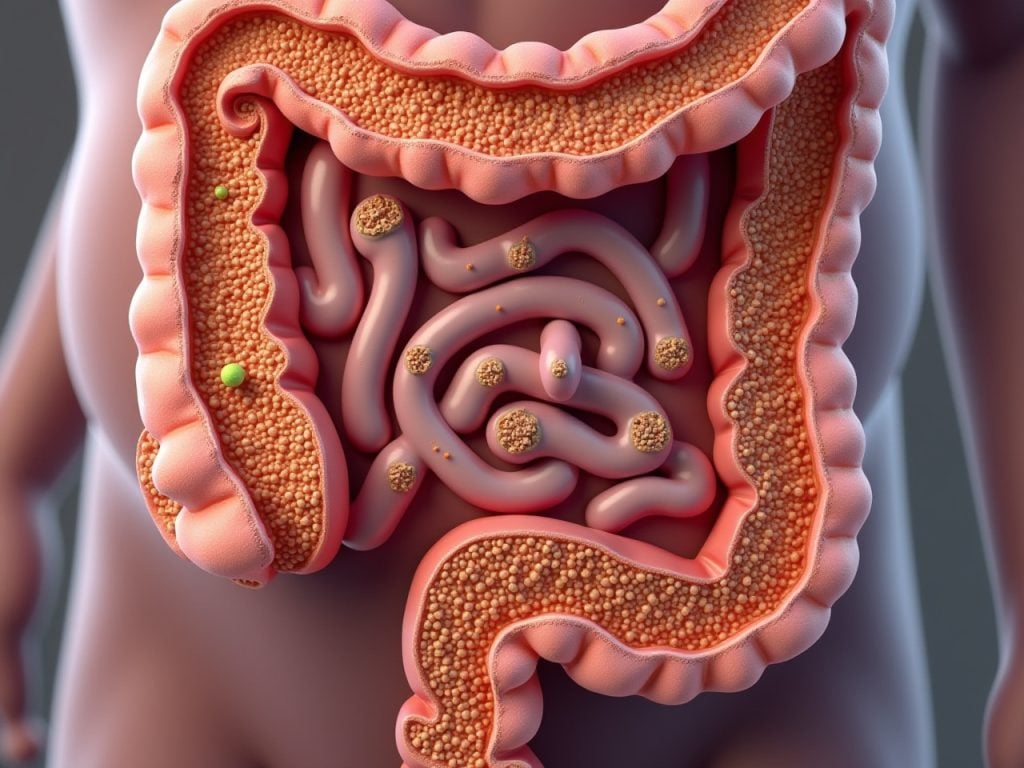
How to Support Beneficial Gut Bacteria
Rather than focusing on eliminating harmful bacteria, the goal should be to encourage beneficial species. This can be done through dietary choices and lifestyle adjustments.
Boosting Lactobacillus: Lactobacillus populations decline with age and illness, but they thrive on prebiotic foods such as:
- Konjac root (shirataki noodles)
- Soy products
- Apples
- Chicory root
- Artichokes
- Whole grains
Encouraging Bifidobacteria: Bifidobacteria flourish on fiber-rich foods, including:
- Bananas
- Nuts
- Onions and garlic
- Oats
- Blueberries
Supporting E. coli (Friendly Strains): Certain plant sugars, like fucose, support beneficial strains of E. coli. Foods containing fucose include:
- Figs
- Hazelnuts
- Chickpeas
Natural Approaches to Managing Gut Bacteria
If harmful bacteria need to be addressed, natural antimicrobial herbs like oregano, thyme, and garlic can help. However, it’s important to use these with caution, as they can impact beneficial microbes as well.
Unlike pharmaceutical antibiotics, herbal antimicrobials may have a gentler impact on gut diversity, making them a preferred option for minor infections or bacterial imbalances.
Recognizing Symptoms of Imbalance
An imbalance of gut bacteria can manifest in various ways. Symptoms may include:
- Bloating and gas
- Abdominal discomfort
- Nausea and indigestion
- Brain fog and fatigue
In some cases, conditions like small intestinal bacterial overgrowth (SIBO) can develop, leading to excessive fermentation of carbohydrates and uncomfortable digestive symptoms. Testing for SIBO may be helpful for those experiencing persistent issues.
A Balanced Approach to Gut Health
Maintaining a diverse and well-balanced gut microbiome is key to long-term health. While it may be tempting to eliminate perceived harmful bacteria, supporting beneficial microbes through diet and lifestyle choices is often a more sustainable approach.
By focusing on gut diversity and nurturing helpful bacteria, you create an internal ecosystem that naturally keeps harmful microbes in check—just like a well-functioning national park.
News in the same category


The Most Dangerous Time to Sleep

Doctor Shares Three Warning Signs That May Appear Days Before a Stroke

A Couple Diagnosed with Liver Cancer at the Same Time: When Doctors Opened the Refrigerator, They Were Alarmed and Said, “Throw It Away Immediately!”

Expanded Summary of the PISCES Trial
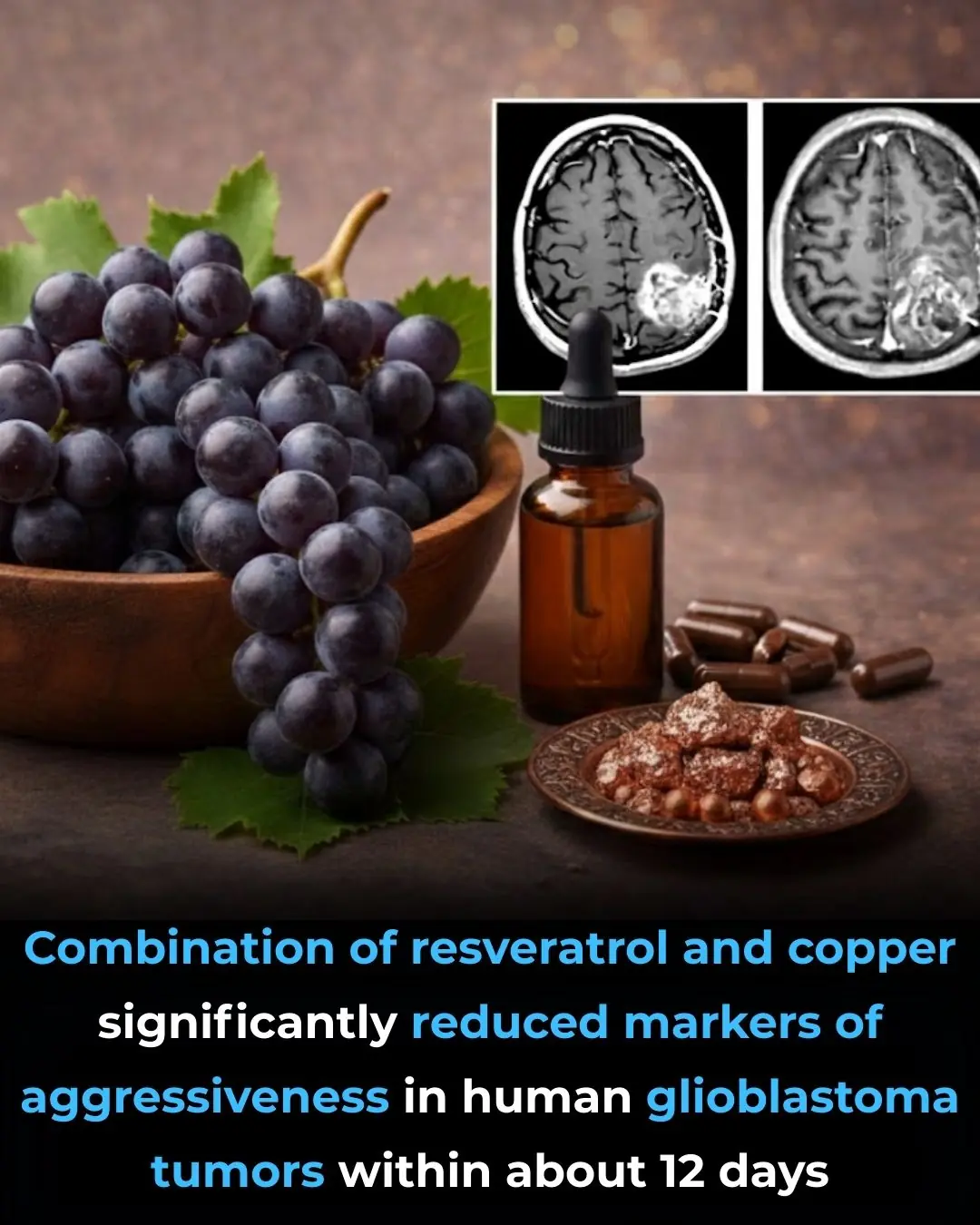
Resveratrol–Copper Combination Shows Promise in Altering Glioblastoma Biology
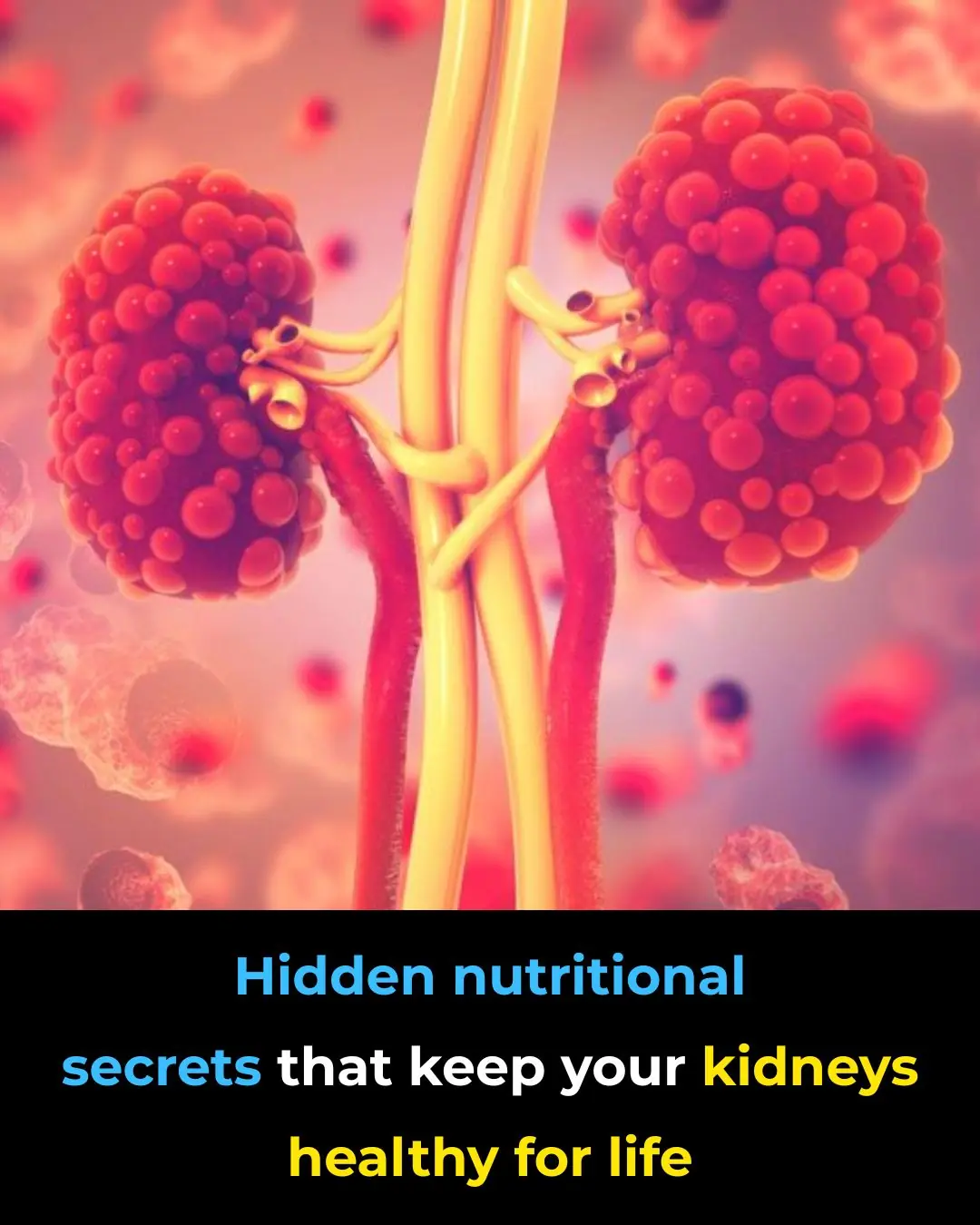
Early Signs of Kidney Disease & How to Protect Your Kidneys (Evidence Based)

Sore Legs for No Reason: What It Means According to Science
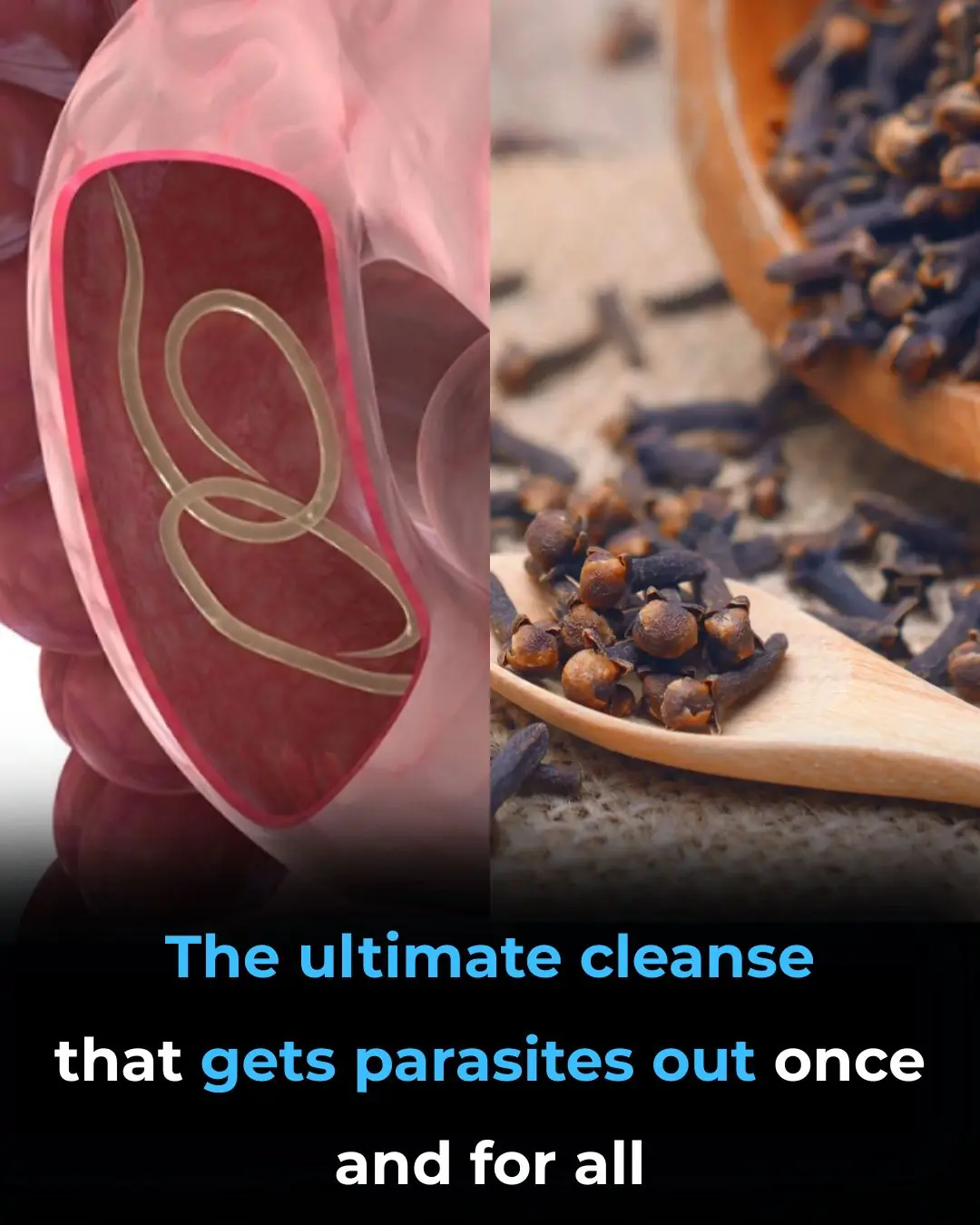
How to Get Rid of Worms in Humans (Including Parasite Cleanse Diet)

14 Tips to Improve Varicose Veins Naturally + The Best Essential Oils for Varicose Veins

Study found that women with stronger leg muscles have younger, healthier brains and better cognitive function as they age.

In a study of 50 women, those who wore rose essential oil on their clothes daily for 30 days showed a measurable increase in gray matter volume across the whole brain on MRI scans

7 Reasons You’re Not Hitting Your A1C Goal

Researchers observed a 61% reduction in the risk of invasive cancer among patients who completed a home exercise program and took vitamin D3 and omega-3 fatty acids daily.

What Causes a Blood Clot to Form in the Arm?

Mebendazole caused about 78% (±12%) of human colon cancer cells to enter apoptosis (programmed cell death) within 48 hours
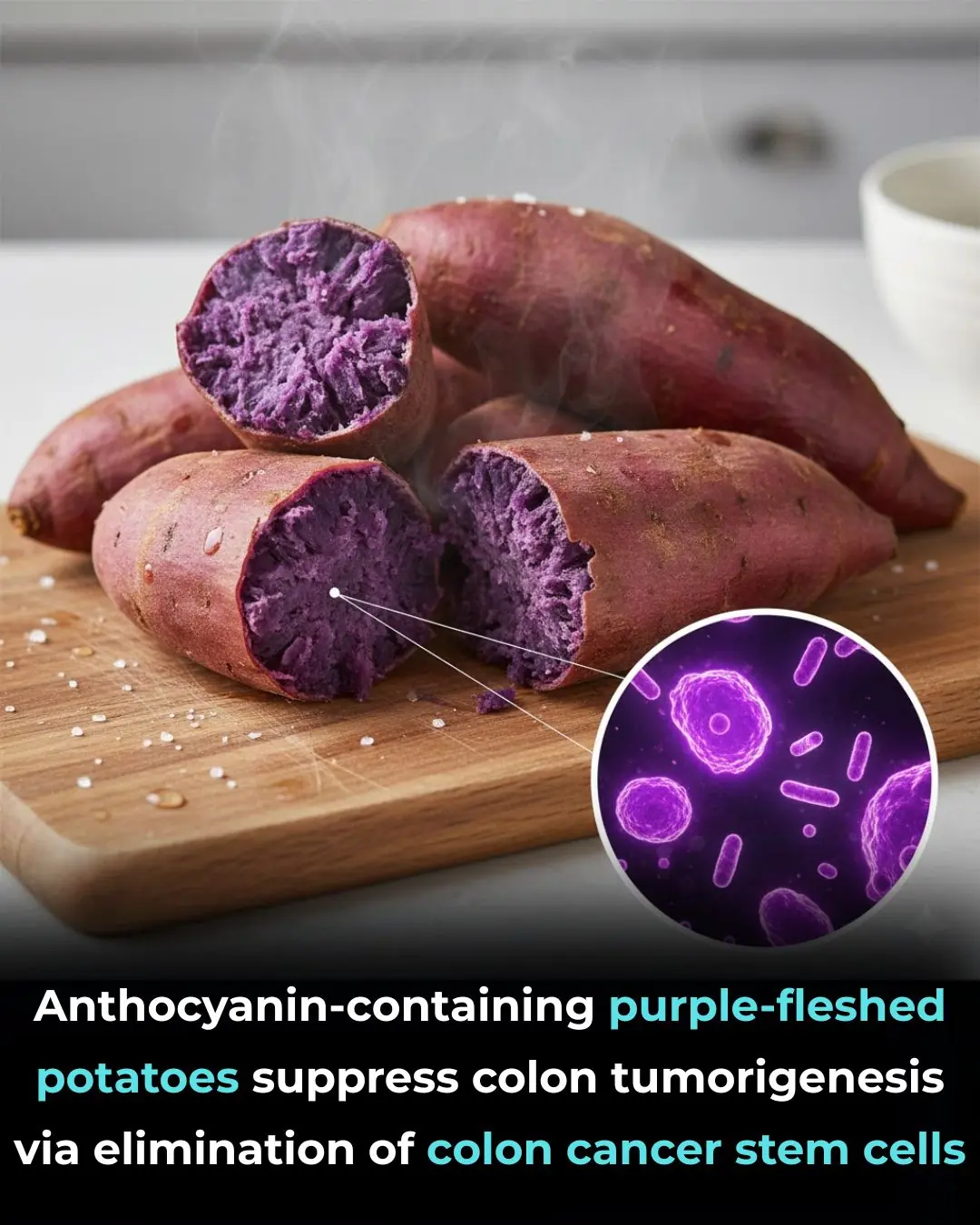
Anthocyanin-containing purple-fleshed potatoes suppress colon tumorigenesis via elimination of colon cancer stem cells
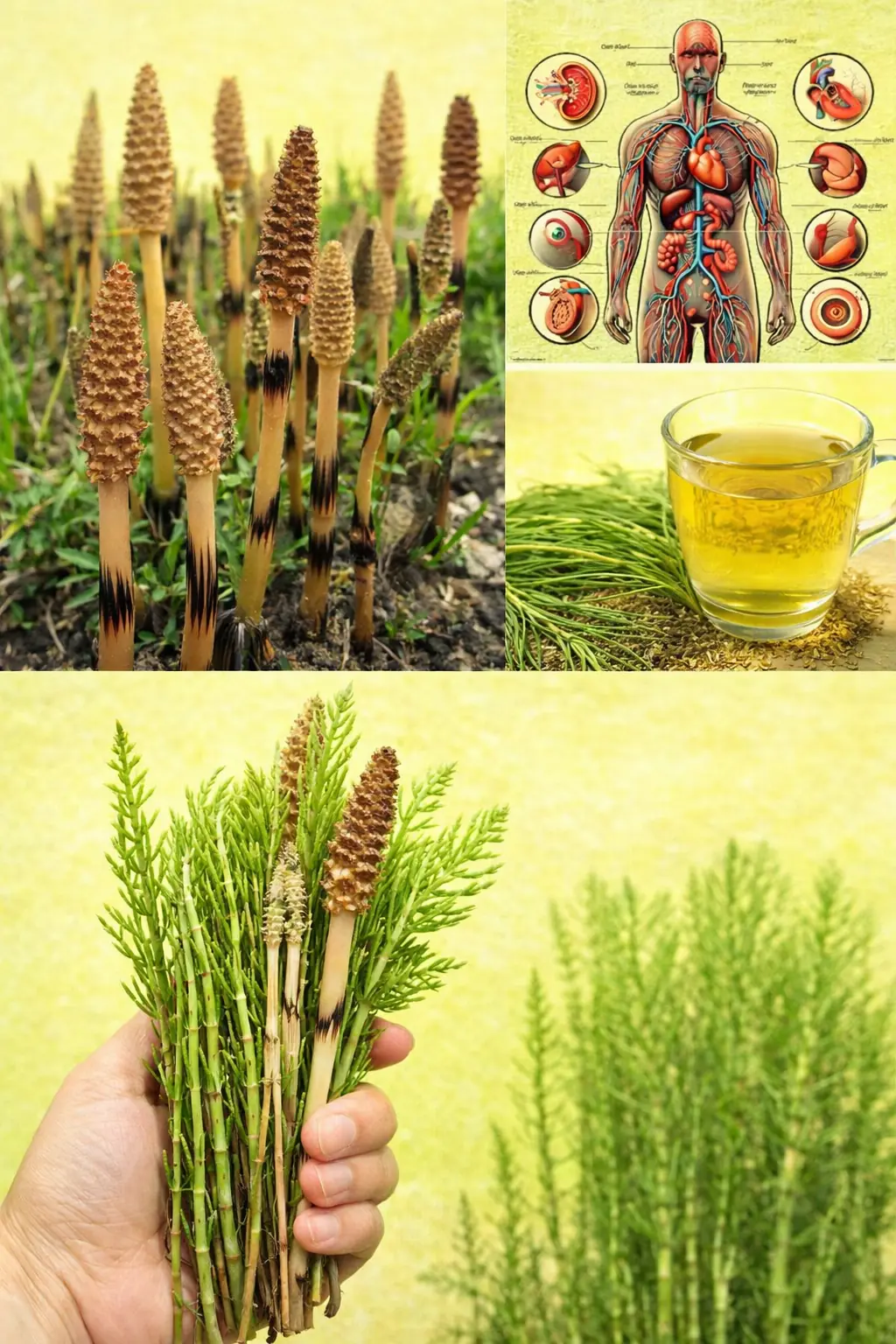
🌿 Horsetail Herb: Nature’s Hidden Gem for Hair, Bones, Skin & More

Castor Oil + Garlic: A Timeless Remedy with Surprising Comforts

Norovirus Is Already Hitting Hard This Holiday Season
News Post

2 tips for boiling pig ears to keep them white, crispy, and odorless.

Tips for cleaning greasy plastic and glass containers without scrubbing.

Is your pan losing its non-stick coating? Add a few drops of this, and your old pan will be like new again.

Support Joint Health Naturally

The Most Dangerous Time to Sleep

Doctor Shares Three Warning Signs That May Appear Days Before a Stroke

A Couple Diagnosed with Liver Cancer at the Same Time: When Doctors Opened the Refrigerator, They Were Alarmed and Said, “Throw It Away Immediately!”

Expanded Summary of the PISCES Trial

Resveratrol–Copper Combination Shows Promise in Altering Glioblastoma Biology

Your hair is aging you. 10 winter styling tweaks that instantly lift your look

These sudden purple patches on my arms won’t stop appearing, and my doctor is booked until January. What’s happening?

My ankles puff up every evening, and I can’t get in to see anyone until after the holidays. Should I worry?

I had no idea about this

Early Signs of Kidney Disease & How to Protect Your Kidneys (Evidence Based)

Sore Legs for No Reason: What It Means According to Science

How to Get Rid of Worms in Humans (Including Parasite Cleanse Diet)

14 Tips to Improve Varicose Veins Naturally + The Best Essential Oils for Varicose Veins

Woman Donates Entire $1B Fortune to Eliminate Tuition in NYC’s Poorest Area

Study found that women with stronger leg muscles have younger, healthier brains and better cognitive function as they age.
